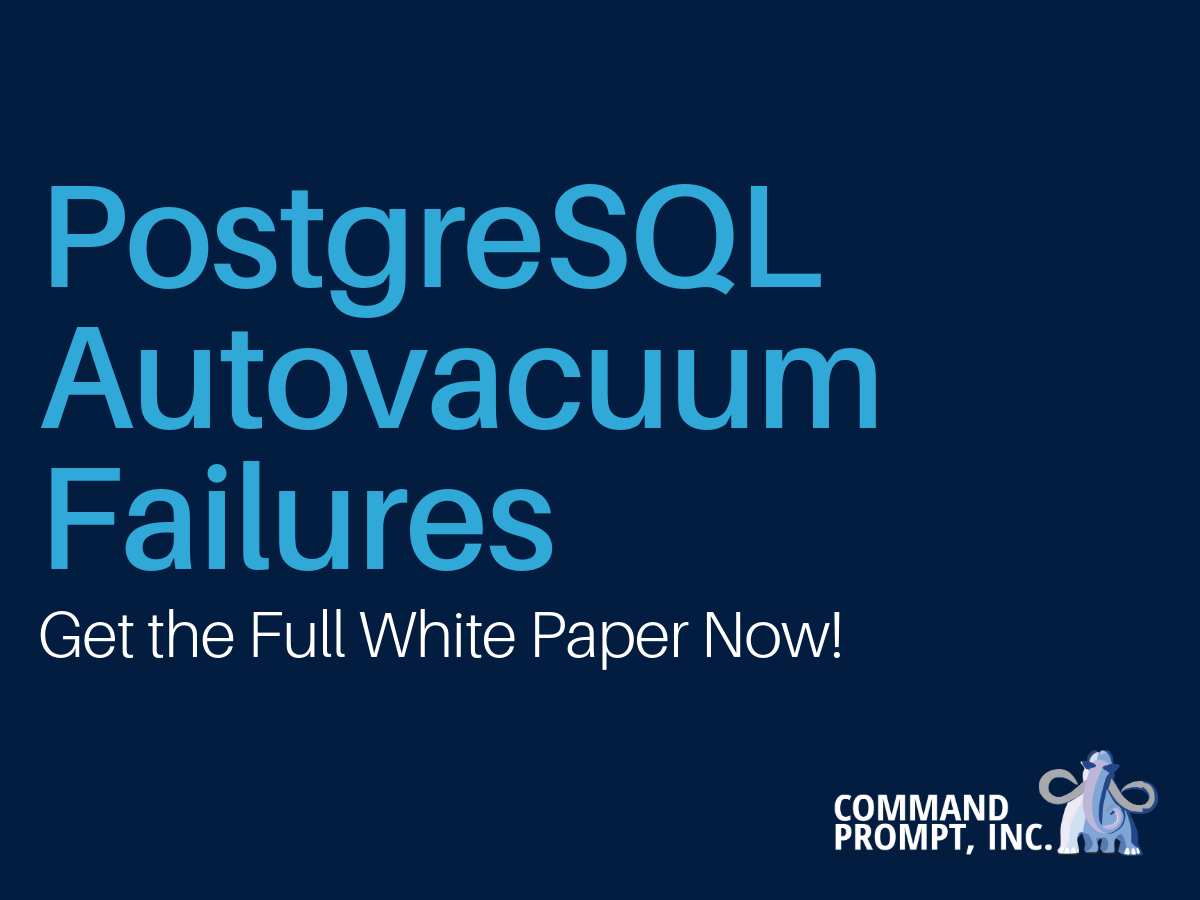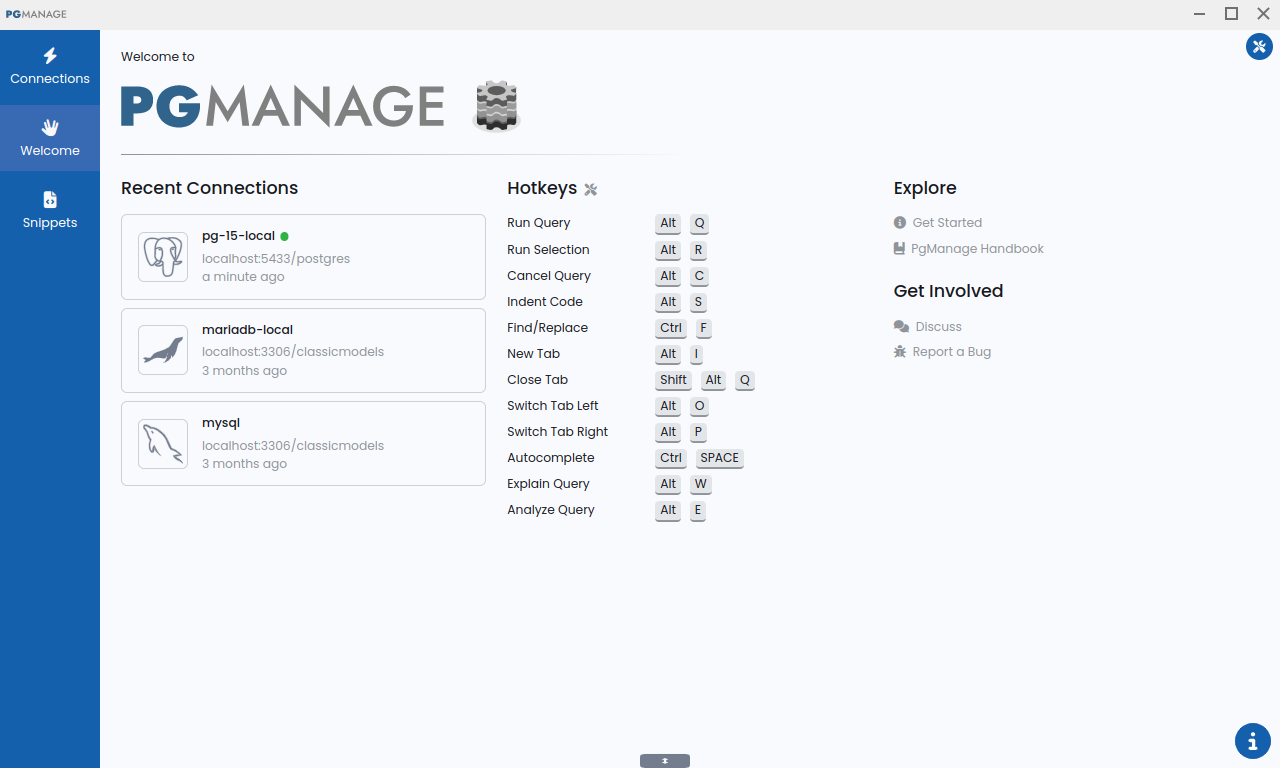
PostgreSQL’s autovacuum is a silent guardian until it fails. In this final post of our autovacuum series, we tackle two often-overlooked scenarios that can lead to database downtime: temp tables in multi-database clusters and lingering sessions with temp tables. Learn practical prevention tactics and monitoring strategies to keep your cluster safe from XID wraparound and emergency shutdowns.




